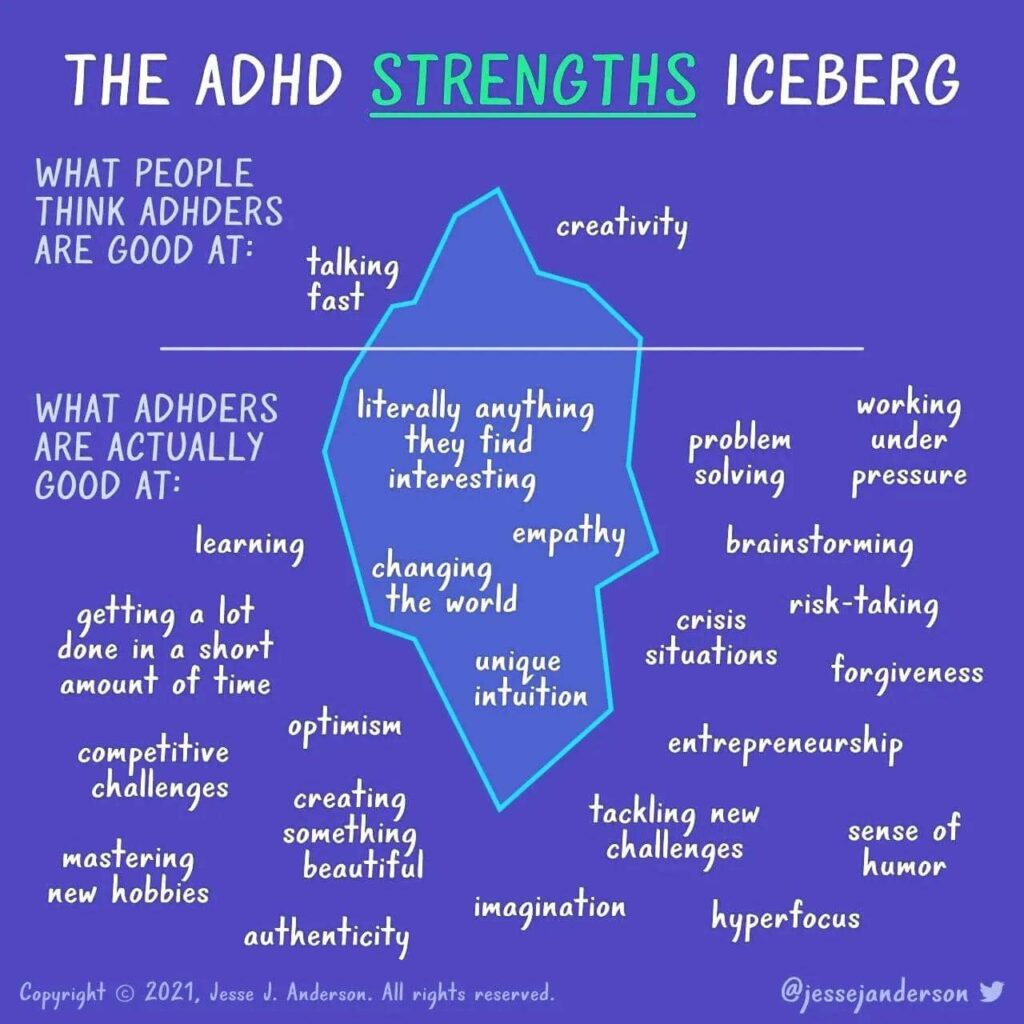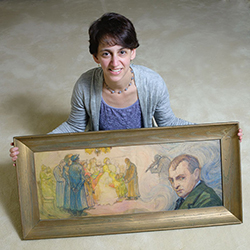-
Chapter 9, Unmoored: The Betty L
This post is about several things. It’s about Parenting an ADHDer. It’s about the life of a writer. It’s about the mantra from Austin Kleon to, show your work. As Kleon writes, “…it’s important to get things in front of other and see how they react.” It is, I confess, a little bit scary to share this. I recorded it a few weeks ago (thank you IMRSV Sound) and I’ve been sitting on it because, well, there are risks to sharing something so personal – you might not like it, you might judge my parenting, my writing, you might think my audio isn’t up to snuff, and you might have opinions about oh so many other things. I’ve been in turmoil for the last few days… post it, don’t post it. There are an equal number of reasons for me to share it and to not share it. But, in the end, living a creative life is about about believing in yourself and taking risks in the hope that a piece of this resonates with you. You can listen (transcript here) to Chapter Nine, Unmoored: The Betty L, here. Scroll down a bit to see the photograph mentioned in the chapter:
About the Project
Shipwrecks defined my father’s career; his long absences to remote salvage jobs shaped my childhood and, ultimately, our relationship. Now in my 50s, I dig through the records of my father’s work in the South China Sea, the Brooklyn Navy Yard, Cape Cod, and San Francisco Bay, to better understand his work and forge a closer bond with him. In the process, I find surprising insights into

my relationship with Owen, my teenage son struggling with ADHD. Offering an unflinching account of my role as a daughter, wife, and mother, I expose my blind spots and share my hard-won insights. Salvaged shows the journey to intergenerational love, understanding, and acceptance through the unique lens of maritime disaster and recovery. Read more about the project here.
-
HyperFocus
When my son was first diagnosed at 10 with ADHD, I questioned the diagnosis because I knew he could spend HOURS reading, playing with certain block building toys, and playing video games. What I thought I knew about ADHD was that it was all about an inability to focus. How could my kid who had intense interests that he spent hours doing have something that was exactly the opposite of fidgeting, distractedness, and inability to settle down and do a task? But hyperfocus IS part of ADHD. According to ADDitude magazine, “Hyperfocus is thought to result from abnormally low levels of dopamine, a neurotransmitter that is particularly active in the brain’s frontal lobes. This dopamine deficiency makes it hard to “shift gears” to take up boring-but-necessary tasks.”
Hyperfocus: The ADHD Phenomenon of Intense Fixation (ADDitude Magazine)
-
Fidget Toys
A bouncing knee at the dinner table, the measuring tape being absentmindedly pulled out and released, chewing on a pencil, drumming fingers on the kitchen table, snapping a rubber band, manipulating a spinner toy, smushing a soft ball …. these are all fidgets – secondary tasks that ADHDers commonly do while focusing on some other task. For those who are more neurotypical, these fidgets can seem irritating, bothersome, distracting. But to an ADHDer, these mindless fidgets help them to self-regulate their symptoms. These behaviors not only help them focus on the primary task (e.g., getting homework done) but can actually enhance their focus.
On How Fidget Toys Are Helping Kids with ADHD [from PACER. PACER is the Minnesota Parent Training and Information Center, funded by the U.S. Department of Education’s Office of Special Education Programs]
-
The ADHD Strengths Iceberg
A few weeks ago I posted the ADHD Iceberg that’s all about the misconceptions about ADHD behaviors that live in the “negative” realm.
Then I saw this posted on Instagram by ADHD content creator, Jesse J. Anderson, who has really helped me to better understand my son’s struggles. I appreciate that this iceberg poster focuses on the positive elements of living with ADHD.

I am sad (although not surprised) to report that when I shared this with my son he suggested that, “sucks at life,” be added to the poster. Which is, of course, not a strength, but a negative outlook and which is definitely inline with the ADHDer tendency to laser focus on their struggles and negative experiences until they spiral into an endless loop of negative feedback. *sigh*
Jesse’s substack can be found here: https://www.extrafocus.com/

Elizabeth Rynecki is an author and documentary filmmaker. Her first book, Chasing Portraits: A Great-Granddaughter’s Quest for Her Lost Art Legacy was published by NAL/Penguin Random House in 2016. Her documentary of the same name is distributed by First Run Features in New York. This blog shares her experiences about parenting her son who has ADHD.
Elizabeth has a BA in Rhetoric from Bates College (’91) and an MA in Rhetoric and Communication from UC Davis (’94). She lives in Oakland with her husband, two sons, and three black cats.